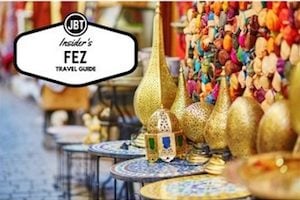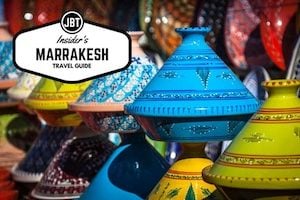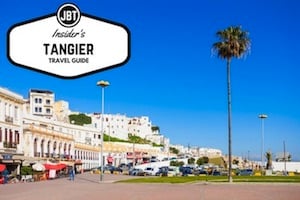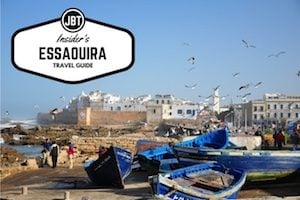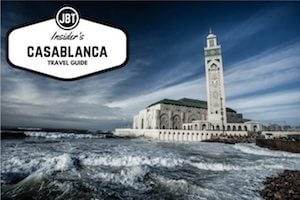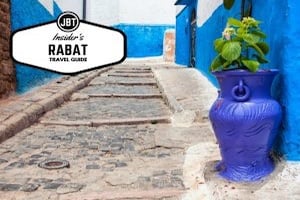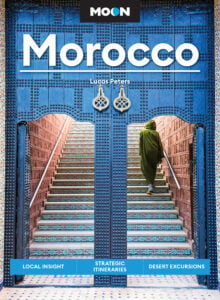 “Expect the unexpected”—perhaps the unofficial first rule of travel. You want to be open to horizon-broadening, life-altering, they-won’t-believe-it-when-I tell-them-back-home experiences. But you don’t want these experiences to come at the expense of your health and safety. A little foresight and caution will go a long way to making your trip to Morocco a safe and happy one.
“Expect the unexpected”—perhaps the unofficial first rule of travel. You want to be open to horizon-broadening, life-altering, they-won’t-believe-it-when-I tell-them-back-home experiences. But you don’t want these experiences to come at the expense of your health and safety. A little foresight and caution will go a long way to making your trip to Morocco a safe and happy one.
Having your belongings stolen is one way to turn a dream vacation into a nightmare. Most problematic for tourists is petty thievery, such as pickpockets and purse thieves. Minimize your risk by minimizing your visibility. Leave expensive-looking camera bags and purses, watches, and jewelry at home. Don’t carry all your money with you—leave the majority in a secure place in your hotel. Some have safes; otherwise, lock it in your suitcase.
Cash machines are common in urban areas in Morocco, so it isn’t necessary to withdraw all of your travel funds at once. Have several forms of back-up funds, (spare credit card, travelers checks, cash, etc.) which should be kept separate from the rest of your money. This will help tide you over in case of an emergency. Keep your wallet in a front pocket, and be discreet when withdrawing money from a bank or paying for purchases. Carry your purse or bag in front of you when in crowded areas such as a souk or train, with the strap across your body, and never hang it on the back of a chair while you are eating; wrap the strap around the chair leg or keep it between your feet.
Do not carry your passport with you. If necessary, a good color photocopy should suffice for identification purposes—sometimes necessary for renting equipment such as surfboards or scooters. Scan your passport and email it to yourself—this will aid the embassy in replacing it if the worst does happen. Prepare a list of emergency phone numbers—Visa/Mastercard, your bank, travel insurance, airlines, etc.—and have this with your emergency funds, as well as emailed to yourself.
Worse than losing your camera is the loss of the pictures from your trip. Avoid this heartbreak by downloading the photos frequently, or use several smaller capacity memory cards and switch them out often.
Most instances of traveler illness are low-grade and more inconvenient than life threatening but will still put a kink in your travel plans. Make sure your vaccines are up to date, particularly hepatitis A/B and tetanus. Drink and brush your teeth with bottled water. Don’t be afraid to try the street food—as long as it is hot and fresh, it is not more risky than restaurant dining. If you do get sick, pharmacies in Morocco are readily available and well supplied, and pharmacists are well trained to assist you. If you use medications, bring extra as well as a copy of the prescription in case you need replacements.
And lastly, use travel insurance. Basic policies are not expensive and will cover most travel disasters. Check if your renters or homeowners policy covers your belongings when traveling, as well as if your health insurance covers medical expenses abroad.
Written by Erin Tolman.
Photo by stoneybryans.
